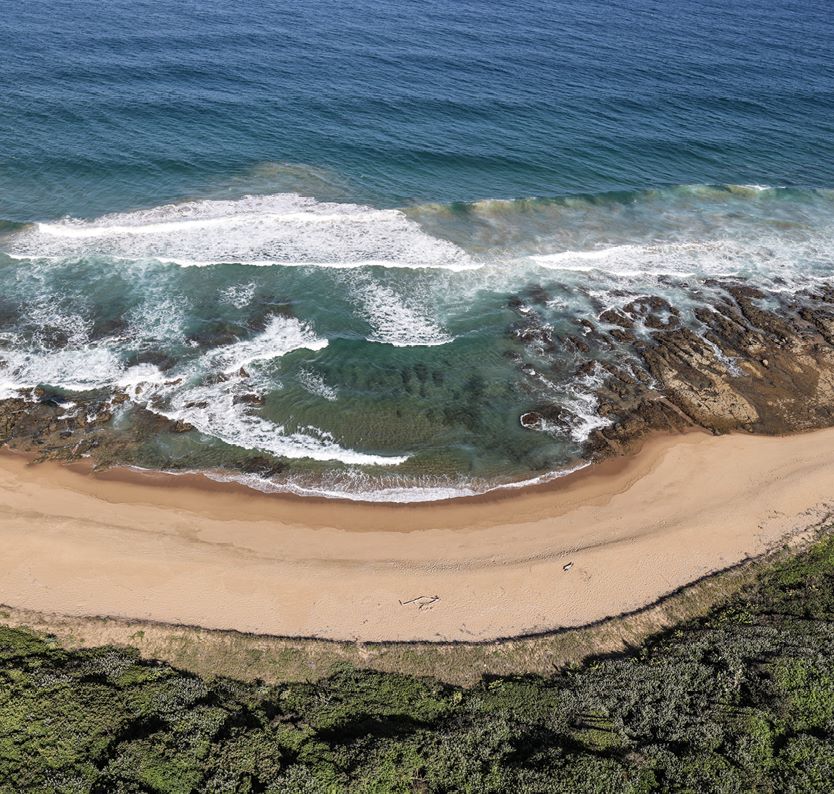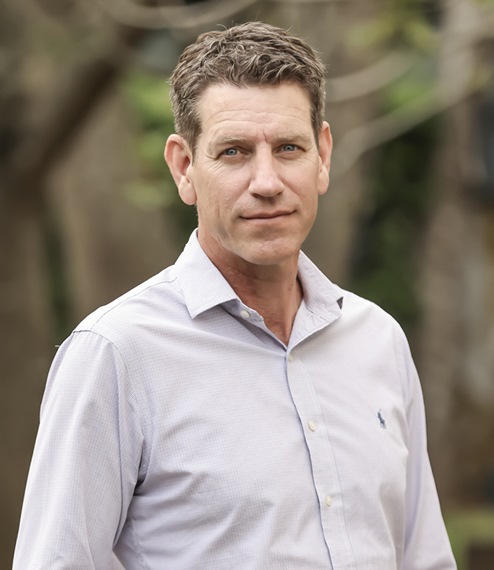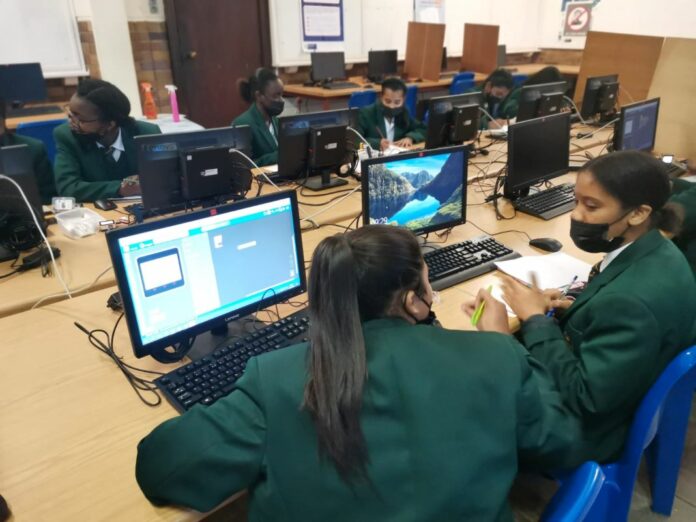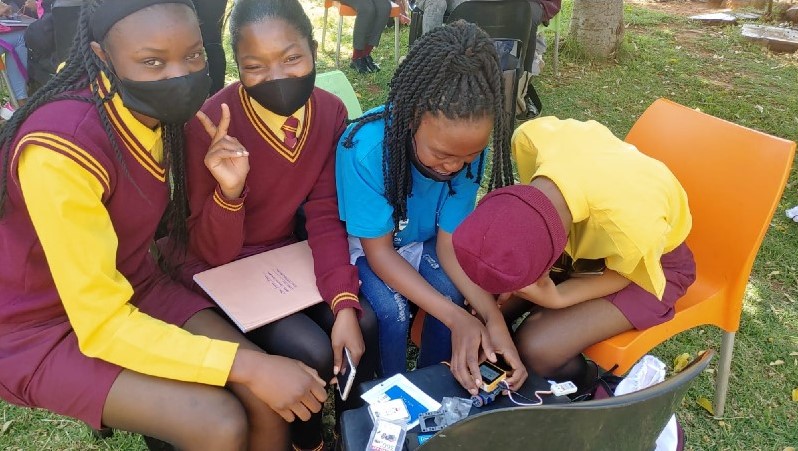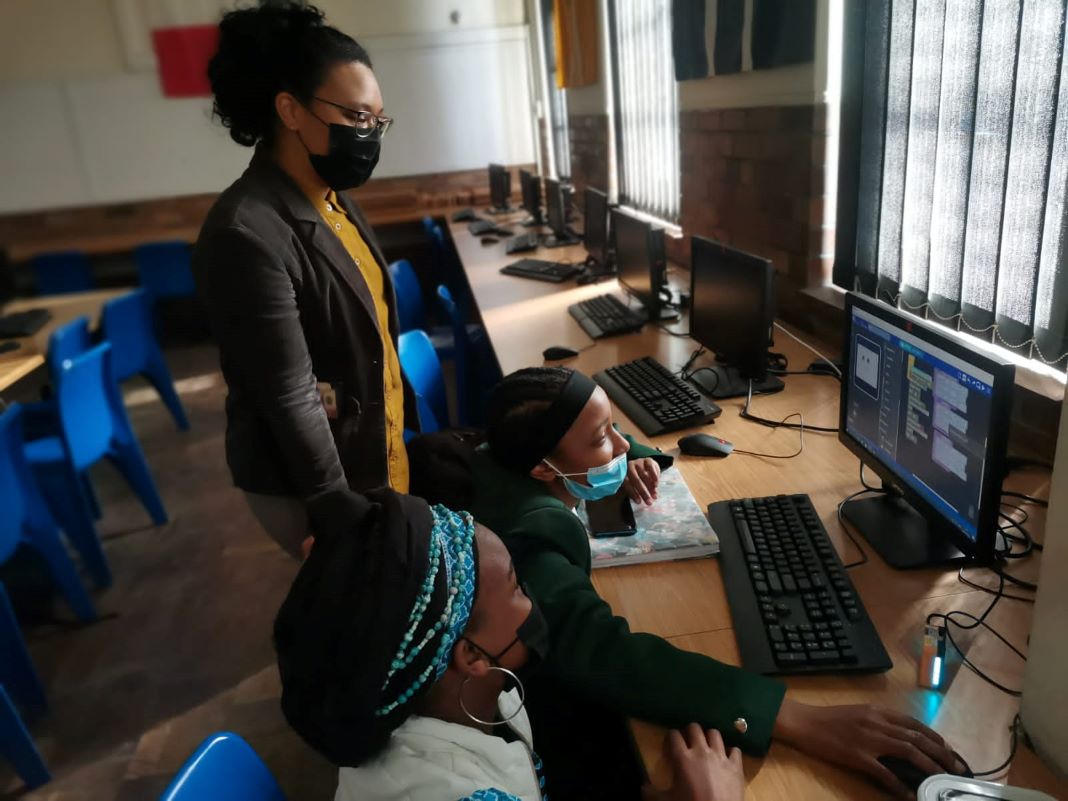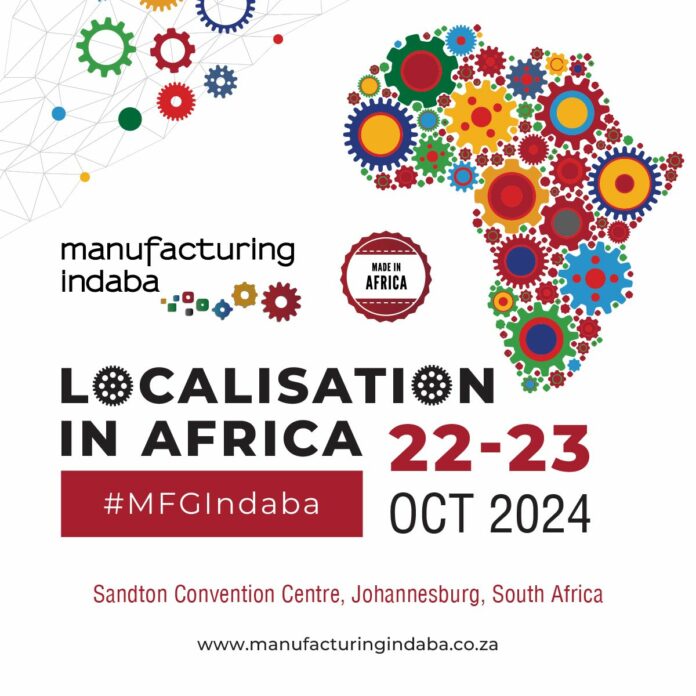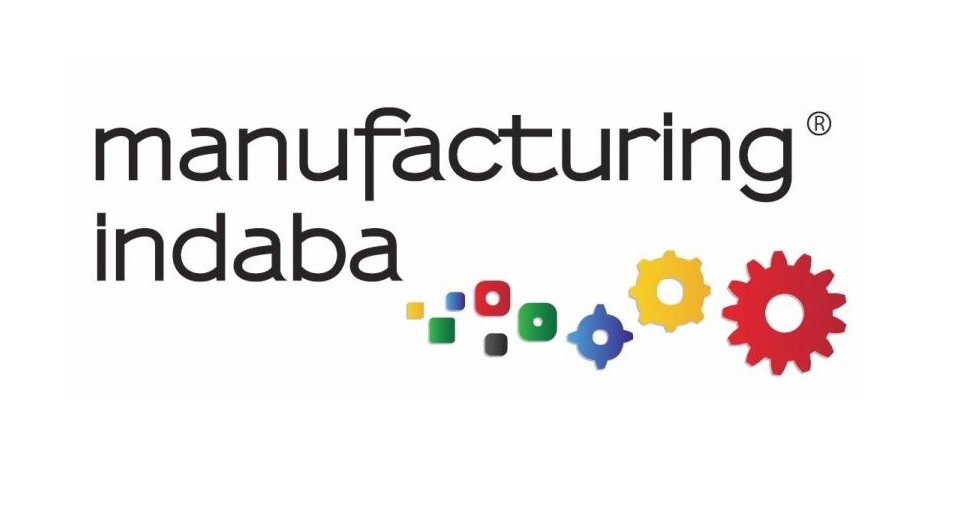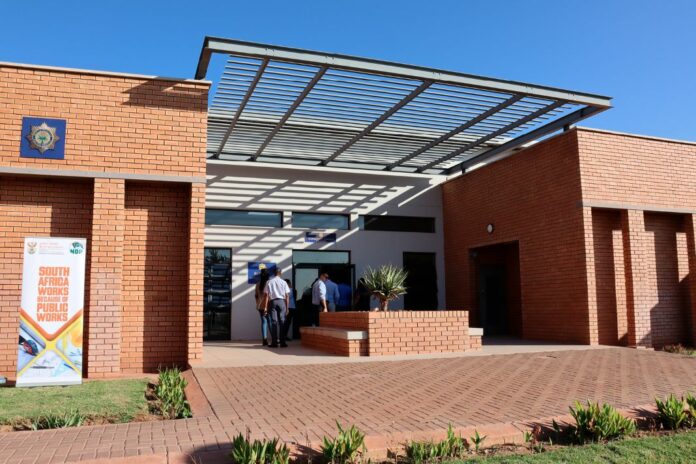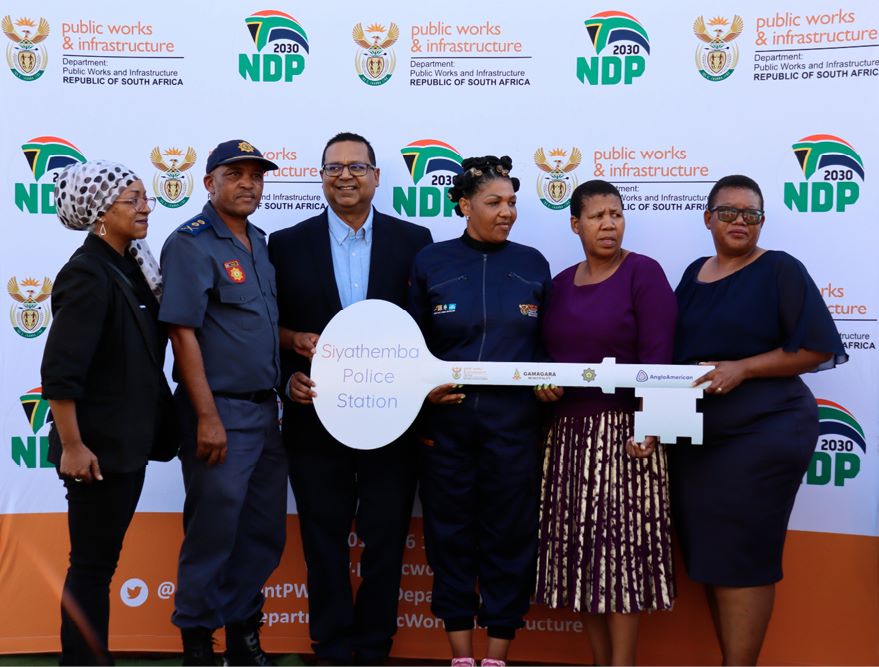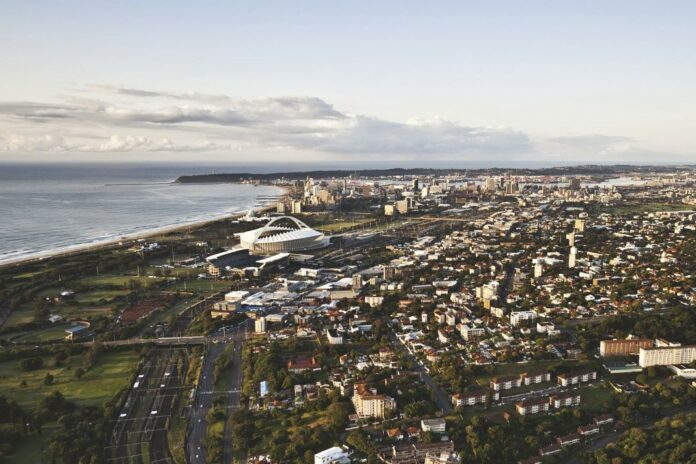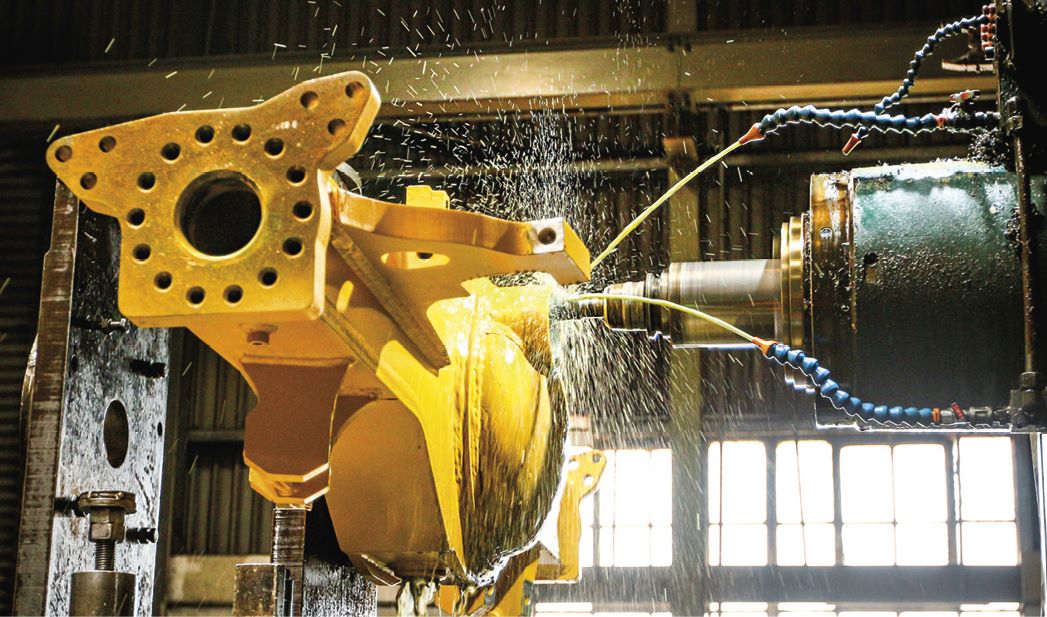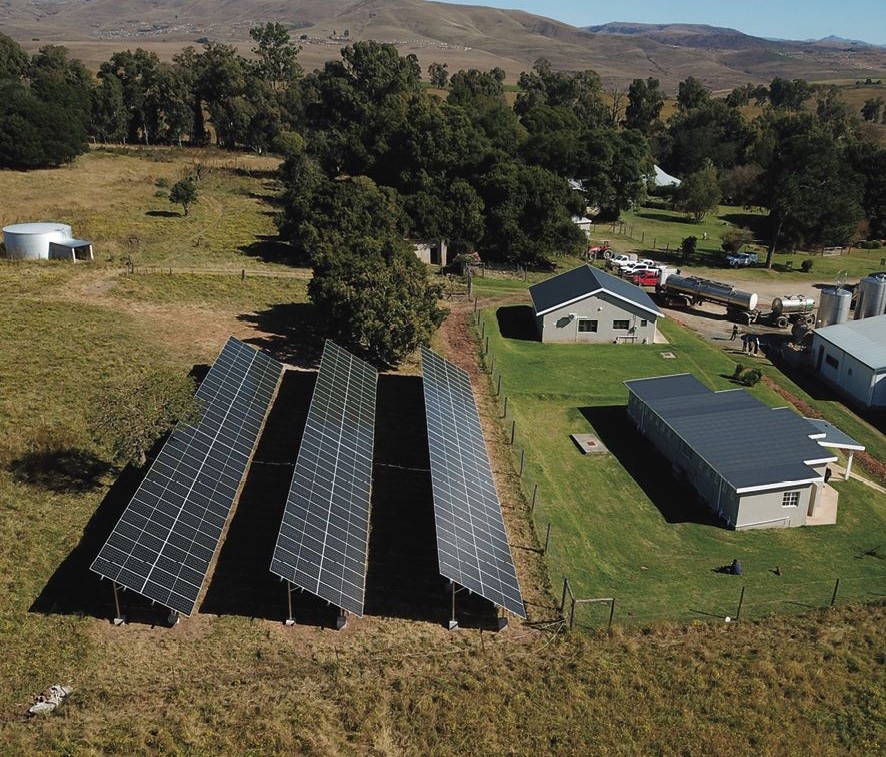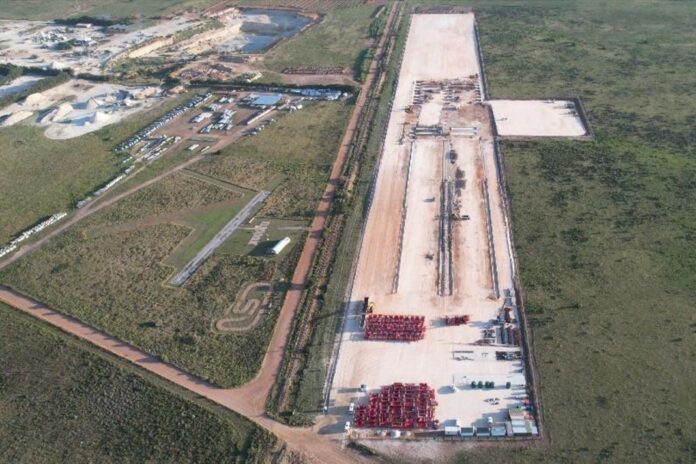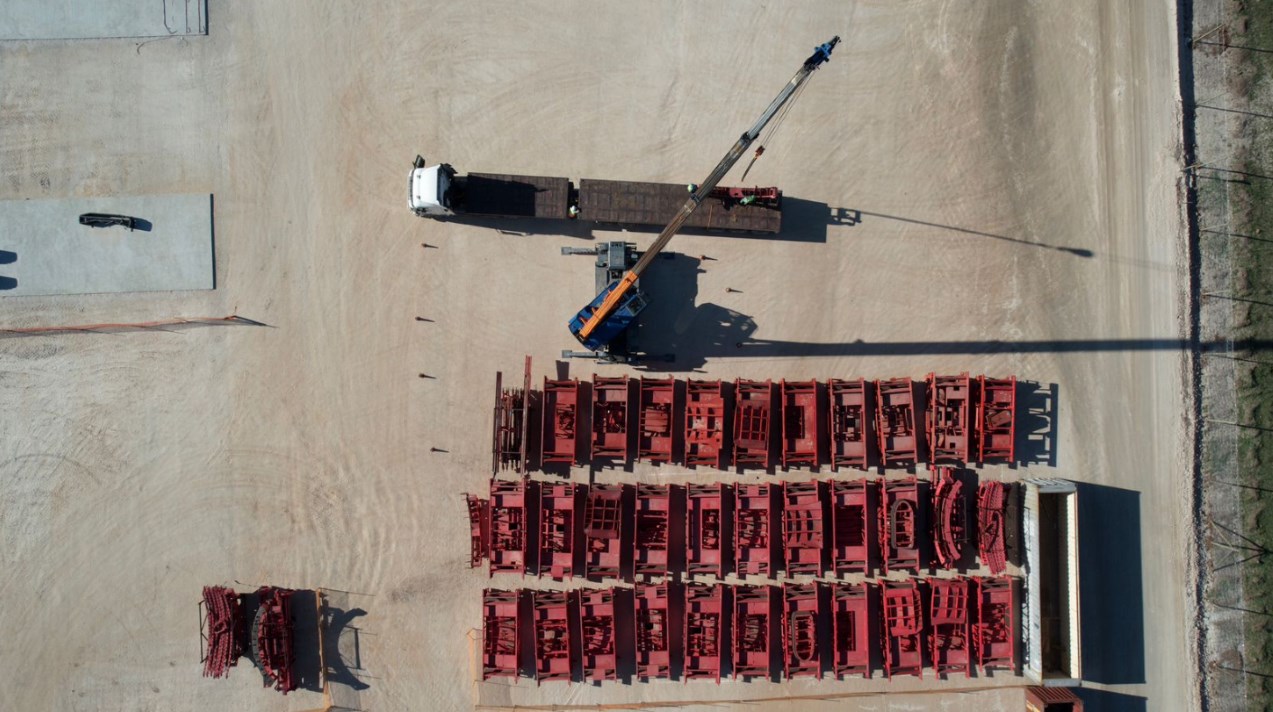For more than fifty years, Air Products, a leading manufacturer of industrial gas, has maintained an excellent safety record, thanks to the safety culture that the company has cemented into its DNA over the years.
At Air Products safety has become part of the company’s culture, and this has been achieved by the constant focus on the company’s operational excellence, sharing of best practice by Air Products globally, coupled with the commitment from Air Products’ management and employees. The company is also at the forefront of collaborating with other key players to maintain high safety standards in the industrial gas market.

Safety at Air Products falls within Gift Nyambe, the General Manager of the Technical area’s portfolio. With an excellent track record in the industrial gas industry, Nyambe states: “In my experience, there is unequivocally one golden rule – Operational excellence (OpEx) is the ultimate goal that supports the company’s vision of achieving Operational Health and Safety with zero harm. At Air Products, we embrace our safety philosophy that Nothing is more important than safety… not production, not sales, not profits.”
Progressing towards operational excellence Nyambe further elaborates on this statement by explaining that there are three elements that support the progress towards the achievement of operational excellence.
The first element is Operational Discipline which plays a vital role in forming the foundation of achieving operational excellence. This discipline is achieved by ensuring that the correct procedures and work instructions are available, and more importantly, are followed by employees, contractors and customers at all times.
The second element is Occupational Health and Safety, and this plays a role in working towards operational excellence as it focuses on ensuring that no harm is done to people and environment as the result of a human error, unsafe acts and behaviors.
The third element is that of Process Safety, by ensuring our processes are safe and ensuring the adequate layers of protection are in place to protect our assets. Over the years Air Products has ensured that the process of producing and supplying products is not harmful to people or the environment. This has largely been achieved by placing emphasis on creating equipment that works efficiently and fit for purpose.
I always appeal to Air Products employees: Let’s all make safety more than a habit, let’s make it a conscious decision!
OpEx, according to Nyambe, can be achieved when the three elements are harmoniously integrated and embedded in the day-to-day activities within our operations. He further explains that Process Safety Management (PSM) is a valuable tool for strengthening our management system. The system establishes procedures, standards and most importantly, methods that can be used to address human factors that could potentially lead to human error. It ensures that risks are appropriately managed, hazards are identified and the correct safeguards are in place to prevent harm to people and the environment and to protect assets.
The value of establishing effective safety management and operational safety programmes
Nyambe explains that organizations with effective safety management programmes are generally more successful and sustainable as a result of the meticulous focus that is placed on the factors that contribute towards OpEx. He does however state that the reverse is also true too, as businesses where production systems are not managed well, there is a tendency that they are likely to experience more incidents.
These incidents often lead to injuries and, and in even more severe cases, fatalities.
Occupational Safety and Process Safety support each other in the sense that the one improves the other and leads to continuous improvement of the company’s management systems. Ultimately, when the two work together, operational excellence is achieved.
“Safety management and process safety can be defined as the integration of people, processes, and technology to solve problems, improve collaboration, and empower teams. This results in the continuous improvement of management systems to enhance customer satisfaction, increase employee productivity, and improve brand reputation, leading to accelerated growth”, says Nyambe.
Safety management principles are aimed at workplace safety, however, since they impact workplace assets and processes, they also contribute to the improvement of operational efficiency, which essentially leads to excellence. In instances where businesses strive for operational excellence, they are perceived and experienced as better and safer places to work. As part of the process of making a business safer, there is inevitably a likelihood that they will also become more productive and achieve greater growth.
OpEx is about uncovering various ways to improve and to be the best in class within a specific industry. This is achieved by creating and actively promoting a safe workplace that does not harm people, which includes employees, contractors, and customers alike, as well as the environment through our processes and activities as a business.
Nyambe elaborates on the value of promoting a culture of visible leadership that can never be overemphasized: “Safety is everyone’s business and can only be achieved through visible leadership. Operational Safety Excellence can only be achieved when each and every person is truly engaged in the process of preventing incidents. By taking care of the first steps, great results can be achieved.”
Nyambe concludes that true health and safety is about people and determining various processes to keep them healthy and safe. “I always appeal to Air Products employees: Let’s all make safety more than a habit, let’s make it a conscious decision!”
For more information about Air Products, visit https://airproducts.co.za/




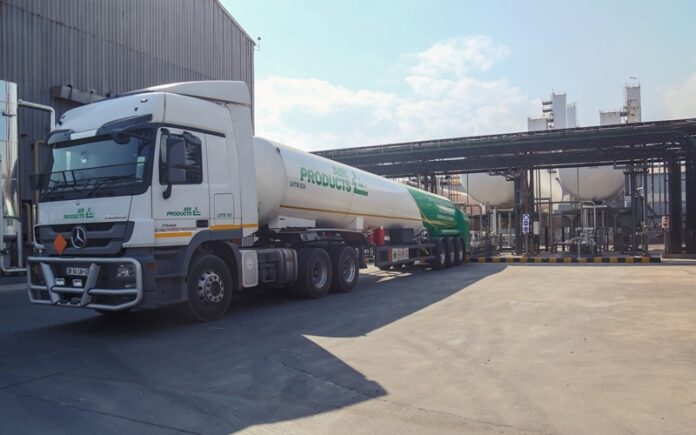

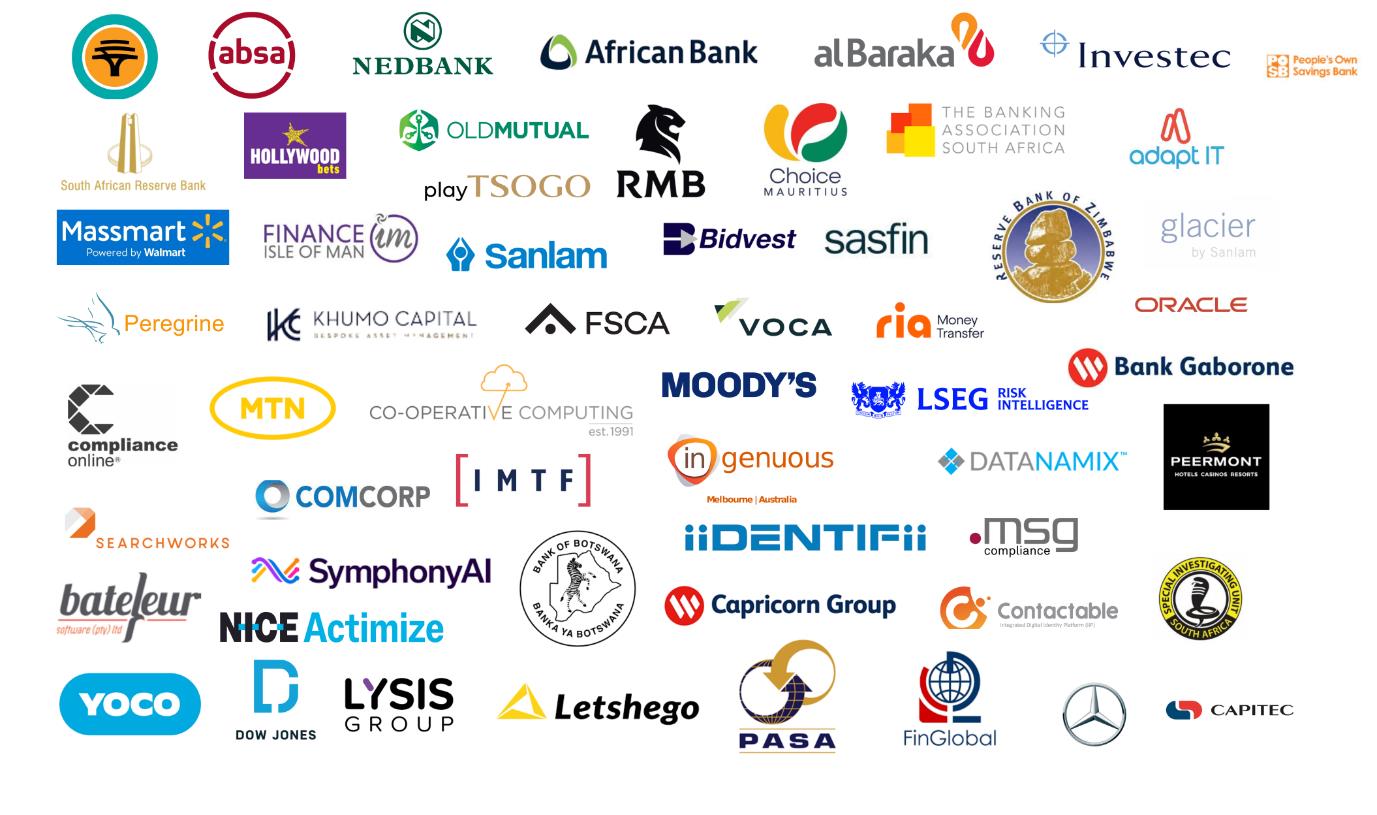



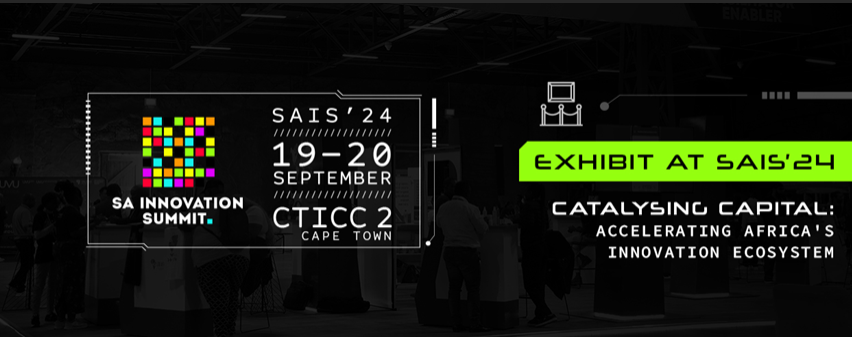


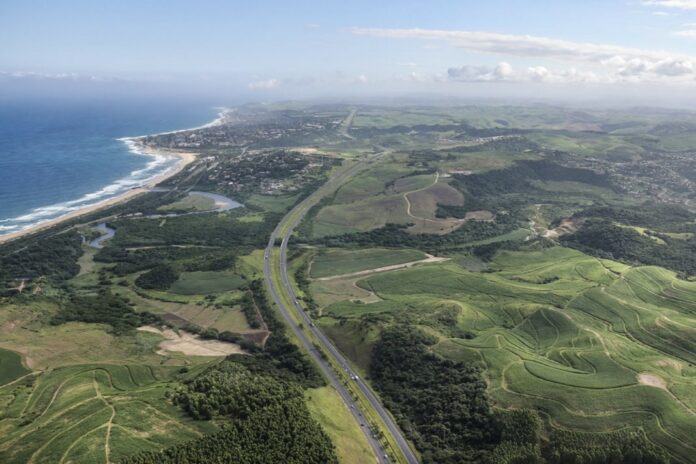
 What is your vision for Renishaw Coastal Precinct?
What is your vision for Renishaw Coastal Precinct?